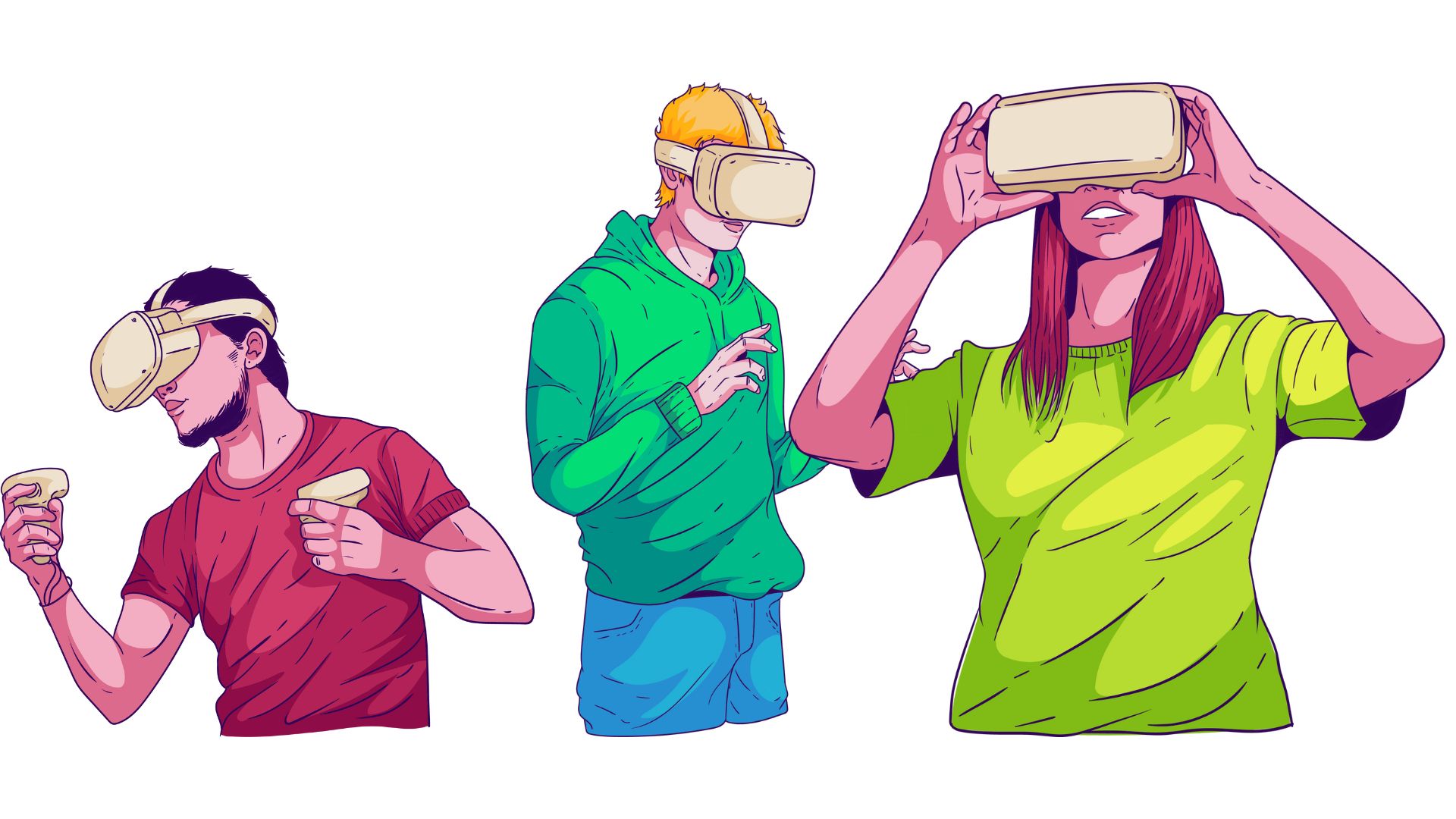Soft Skills
Do you like to improve your skill? Global trends are shifting and many people are shifting their job. Soft skills, often referred to as interpersonal or people skills, are non-technical abilities that shape how individuals interact and communicate with others. These skills encompass a wide range of qualities, including communication, teamwork, adaptability, emotional intelligence, and problem-solving. Unlike hard skills, which are measurable and specific to a particular job, soft skills are transferable across professions, making them essential in virtually every industry. They enable professionals to build relationships, resolve conflicts, and contribute effectively to team dynamics, thereby fostering workplace success.
The Necessity of Soft Skills
In today’s collaborative and fast-paced professional environment, soft skills have become indispensable. Employers are increasingly recognizing that technical proficiency alone is not enough; the ability to work well with others and adapt to various situations is critical. For instance, effective communication ensures that ideas are shared clearly and tasks are understood, while emotional intelligence helps in managing interpersonal relationships. Furthermore, the rise of remote work and global teams has amplified the importance of soft skills, as professionals now need to navigate cultural differences and maintain productive virtual interactions.
Present Trend in Soft Skills
Soft skills are gaining more prominence in recruitment and professional development than ever before. Organizations are actively investing in soft skills training programs, recognizing their impact on productivity and employee satisfaction. Technologies like AI and automation are also influencing the trend by emphasizing the skills that machines cannot replicate, such as empathy, creativity, and strategic thinking. Additionally, educational institutions are integrating soft skills into their curricula, preparing students to meet the demands of modern workplaces. These trends highlight a shift towards a holistic approach to talent development, where both technical and interpersonal abilities are equally valued.
Demanded Soft Skills
The most sought-after soft skills in the current job market include communication, adaptability, and emotional intelligence. With workplaces becoming more diverse, cultural sensitivity and active listening have also risen in demand. Leadership skills, even for non-managerial roles, are highly prized as they reflect an individual’s ability to take initiative and influence others positively. Critical thinking and problem-solving are equally important as they help in navigating complex challenges effectively. As technology continues to evolve, the ability to learn quickly and stay agile in the face of change is another highly valued soft skill.
Soft skills are no longer optional but essential for professional success in a dynamic and interconnected world. Their necessity transcends industries, supporting individuals in creating meaningful connections and achieving organizational goals. As trends shift towards valuing interpersonal abilities alongside technical expertise, professionals must actively work on developing these skills to remain competitive. The demand for communication, adaptability, and emotional intelligence underscores their role in fostering innovation and teamwork. Ultimately, investing in soft skills benefits not only individual careers but also contributes to a more harmonious and productive work environment.

